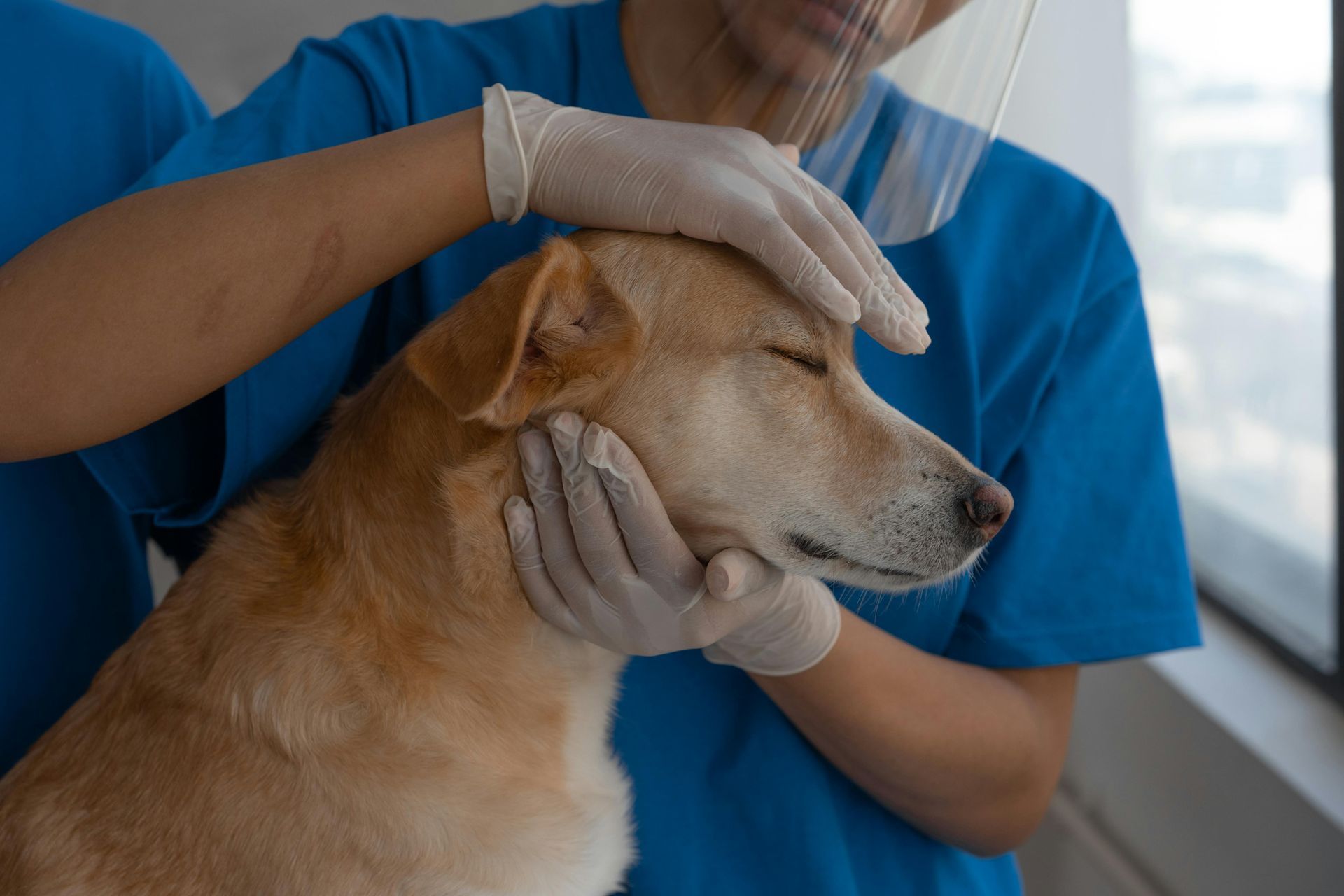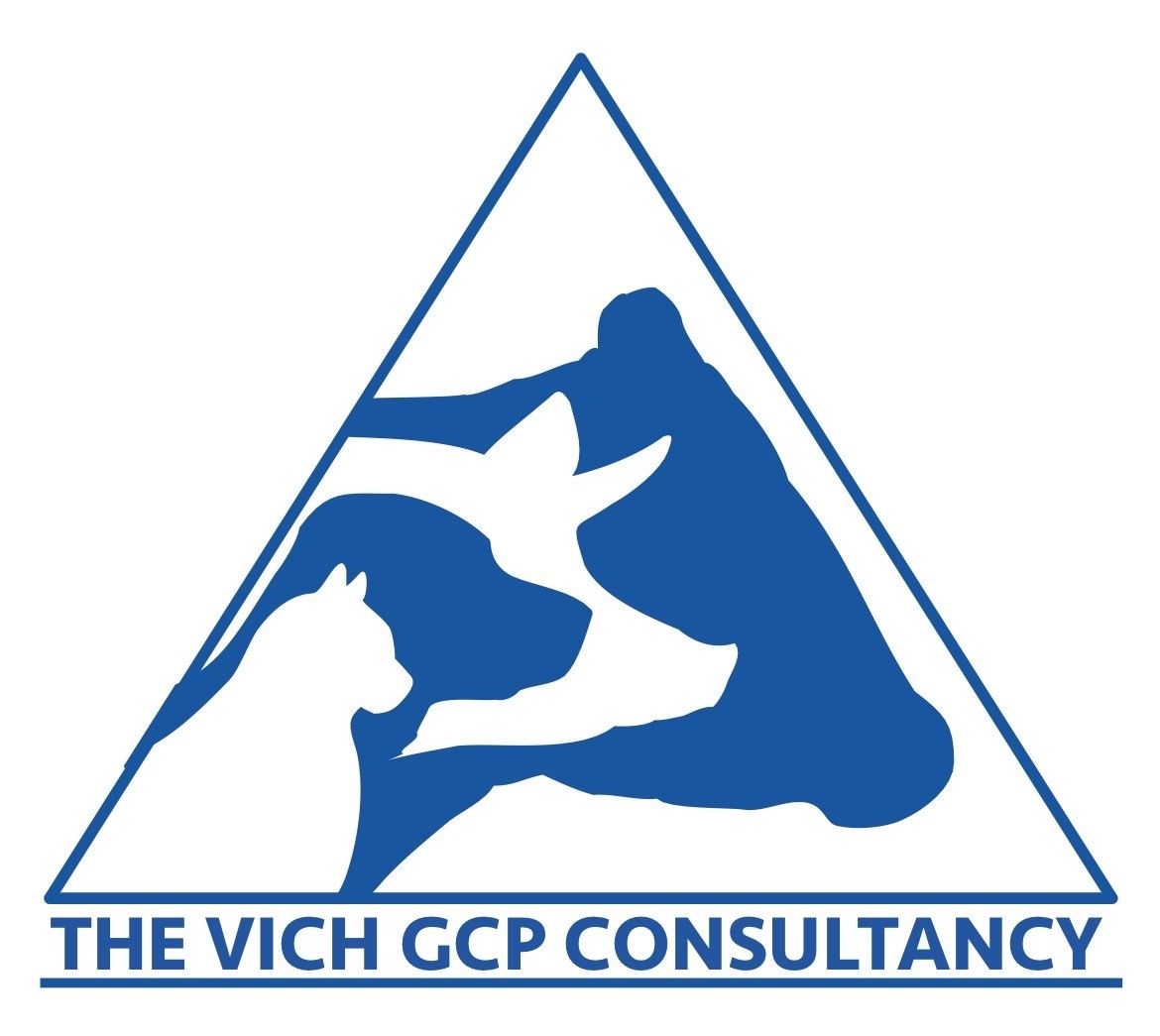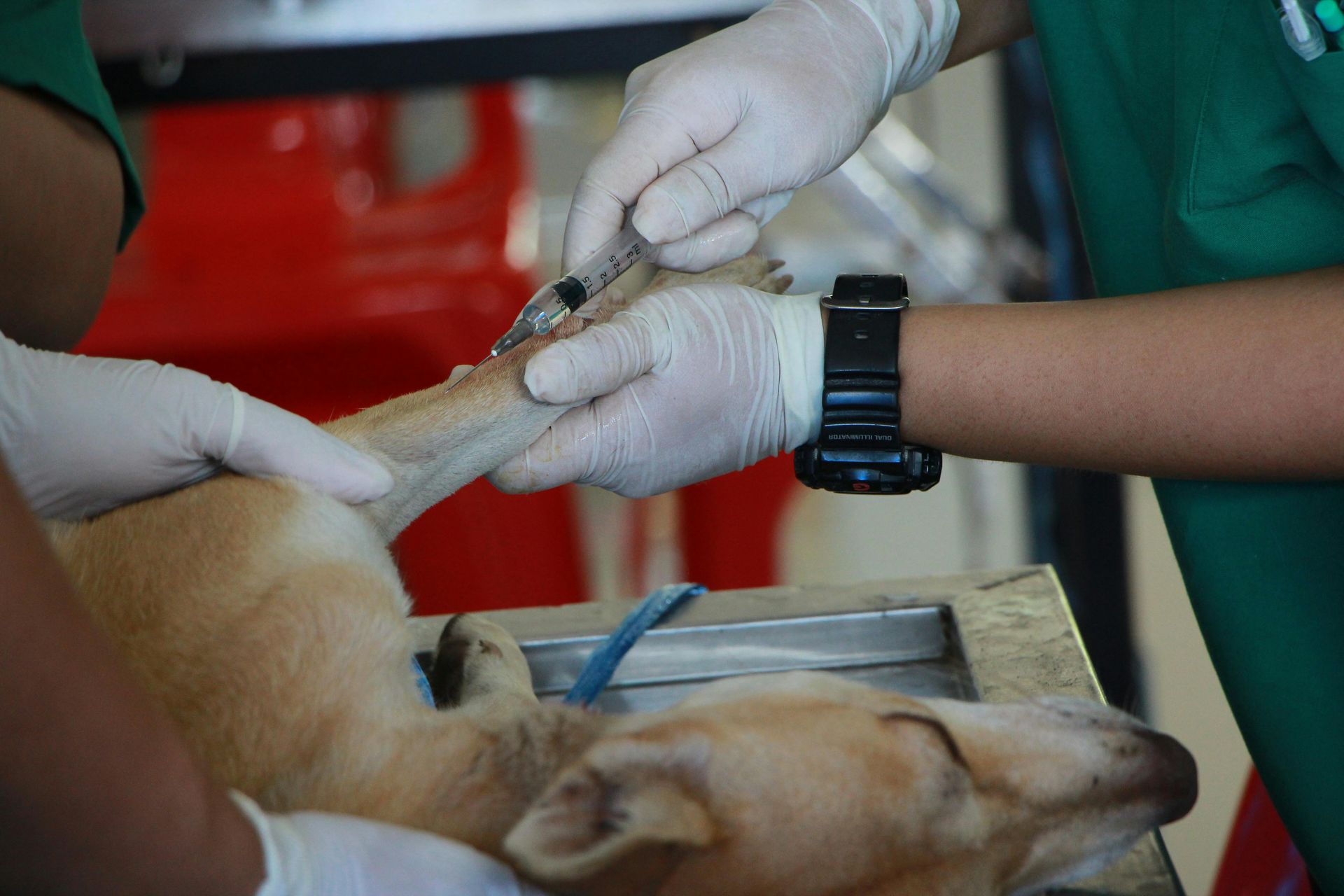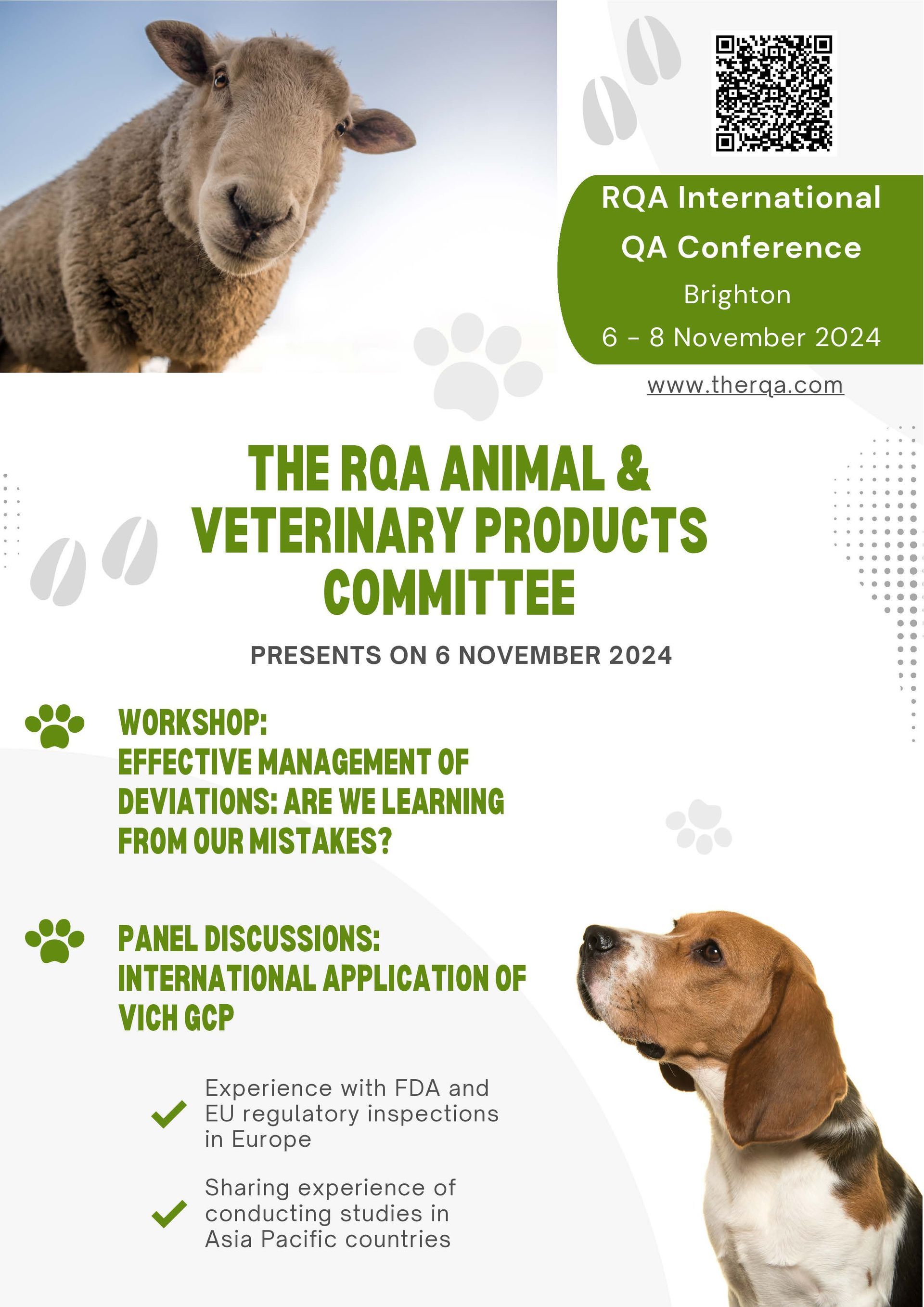Raising the Bar for Veterinary Clinical Studies
What VICH GCP Can Learn from ICH E6(R3)
Raising the Bar for Veterinary Clinical Studies

The release of the updated ICH E6(R3) Good Clinical Practice guideline marks a pivotal shift in how clinical studies are designed, conducted, and evaluated. While VICH GCP remains the cornerstone for veterinary studies, especially those intended for regulatory submission, the innovations embedded in E6(R3) offer valuable lessons that could elevate the quality, efficiency, and transparency of veterinary research.
What can we learn?
Embracing Quality by Design (QbD)
ICH E6(R3) introduces Quality by Design as a key principle, urging sponsors to proactively identify and manage “critical-to-quality” factors that impact participant safety and data reliability.
VICH GCP Opportunity:
Veterinary clinical studies could benefit from embedding QbD into protocol development, especially for complex designs like adaptive (rare disease studies, dose finding studies) or multi-site studies (field studies with variable conditions). This means:
- Defining quality objectives early (e.g. implementation of real-time QC of critical laboratory parameters).
- Mapping risks to animal welfare and data integrity (e.g. owner non-compliance with visit schedule).
- Aligning monitoring plans with critical endpoints (e.g. set triggers of >48h lag in reporting of AEs to escalate to Sponsor medical monitor).
Proportionality and Fit-for-Purpose Approaches
E6(R3) emphasizes that study procedures and documentation should be proportional to the risks and complexity of the study. It also introduces the idea that data need not be error-free if conclusions remain robust.
VICH GCP Opportunity:
This principle could streamline veterinary clinical studies by:
- Reducing unnecessary documentation for low-risk studies (e.g. post-marketing studies).
- Encouraging pragmatic designs for field studies (e.g. dispensing product at routine visits/handling timepoints).
- Supporting flexible SOPs that reflect the individual study (e.g. permit remote monitoring via teleconference for low-enrolment sites).
Strengthening Data Governance
The new guideline expands on data governance, including oversight of computerized systems, data integrity, and sponsor-investigator responsibilities.
VICH GCP Opportunity:
Veterinary sponsors can:
- Implement clearer roles for data custodianship (e.g. user permissions in the EDC aligned with task ownership matrix).
- Validate electronic data capture systems with veterinary-specific metrics (e.g. protocol data points to EDC fields and edit check are all aligned and practical).
- Enhance audit trails for sample tracking and lab data (e.g. automated time-stamps at collection, packaging, shipment, and receipt at lab if critical to the study).
Reframing Stakeholder Roles
E6(R3) redefines responsibilities across sponsors, investigators, and ethics committees, with greater emphasis on collaboration and oversight.
VICH GCP Opportunity:
Veterinary clinical studies often involve diverse stakeholders—veterinarians, farm managers, CROs, owners etc. VICH could:
- Clarify shared responsibilities in multi-site studies (e.g. define escalation paths and site-specific oversight in the monitoring plan).
- Develop training modules for non-experienced investigators, farm managers, owners.
- Encourage ethics review processes tailored to the individual study.
Updating Terminology and Documentation
The new glossary in E6(R3) replaces “subject” with “study participant” and updates definitions to reflect modern study conduct.
VICH GCP Opportunity:
Veterinary GCP could:
- Modernize terminology (e.g., “animal participant” vs. “study subject” vs. “case”).
- Align documentation templates with E6(R3) structure (e.g., protocol appendices, essential records required for submission to the different authorities etc.).
- Build bilingual glossaries for global harmonization.
Final Thoughts
While VICH GCP rightly reflects the unique ethical and operational demands of veterinary research, the E6(R3) revision offers a blueprint for modernization. By selectively integrating its principles—especially around QbD, proportionality, and data governance—VICH could better support innovation in animal health clinical studies.
For sponsors, CROs, and regulators working across human and veterinary domains, this is a golden opportunity to harmonize best practices and raise the bar for ethical, efficient, and inspection-ready research whilst being mindful of protecting the interest of the individual animal, safety of the consumer and protecting the environment.
Please contact us for an expert discussion tailored to your organisation’s needs.








